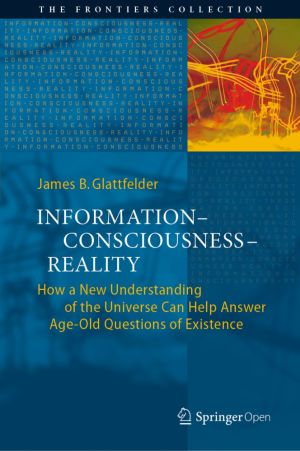
This book chronicles the rise of a new scientific paradigm offering novel insights into the age-old enigmas of existence. Over 300 years ago, the human mind discovered the machine code of reality: mathematics. By utilizing abstract thought systems, humans began to decode the workings of the cosmos. From this understanding, the current scientific pa...
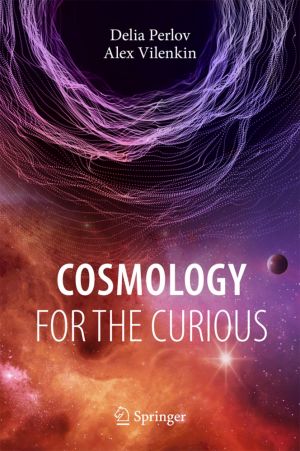
This book is an introductory text for all those wishing to learn about modern views of the cosmos. Our universe originated in a great explosion – the big bang. For nearly a century cosmologists have studied the aftermath of this explosion: how the universe expanded and cooled down, and how galaxies were gradually assembled by gravity. The nature ...
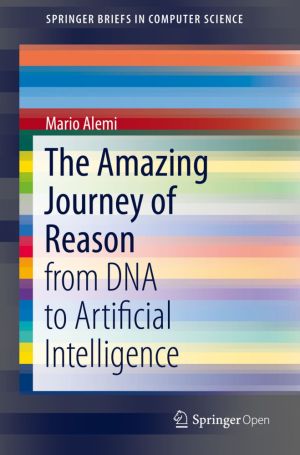
This free book explores questions such as why and how did the first biological cells appear? And then complex organisms, brains, societies and –now– connected human societies? Physicists have good models for describing the evolution of the universe since the Big Bang, but can we apply the same concepts to the evolution of aggregated matter –l...
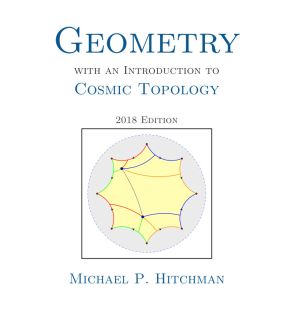
Geometry with an Introduction to Cosmic Topology approaches geometry through the lens of questions that have ignited the imagination of stargazers since antiquity. What is the shape of the universe? Does the universe have an edge? Is it infinitely big?
This text develops non-Euclidean geometry and geometry on surfaces at a level appropriate for ...

This book addresses the physical phenomenon of events that seem to occur spontaneously and without any known cause. These are to be contrasted with events that happen in a (pre-)determined, predictable, lawful, and causal way. All our knowledge is based on self-reflexive theorizing, as well as on operational means of empirical perception. Some of ...

This book presents the deterministic view of quantum mechanics developed by Nobel Laureate Gerard 't Hooft.Dissatisfied with the uncomfortable gaps in the way conventional quantum mechanics meshes with the classical world, 't Hooft has revived the old hidden variable ideas, but now in a much more systematic way than usual. In this, quantu...
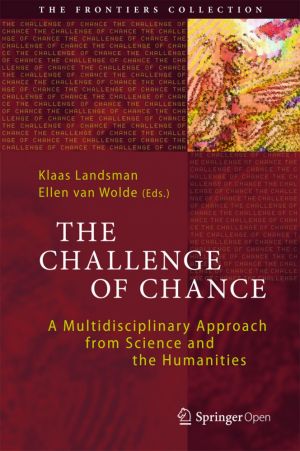
This book presents a multidisciplinary perspective on chance, with contributions from distinguished researchers in the areas of biology, cognitive neuroscience, economics, genetics, general history, law, linguistics, logic, mathematical physics, statistics, theology and philosophy. The individual chapters are bound together by a general introductio...
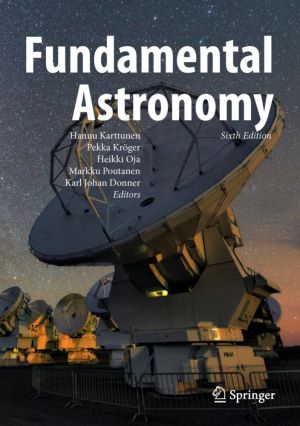
Now in its sixth edition this successful undergraduate textbook gives a well-balanced and comprehensive introduction to the topics of classical and modern astronomy. While emphasizing both the astronomical concepts and the underlying physical principles, the text provides a sound basis for more profound studies in the astronomical sciences. The cha...

Living Earth Community: Multiple Ways of Being and Knowing is a celebration of the diversity of ways in which humans can relate to the world around them, and an invitation to its readers to partake in planetary coexistence. Innovative, informative, and highly accessible, this interdisciplinary anthology of essays brings together scholars, writers a...
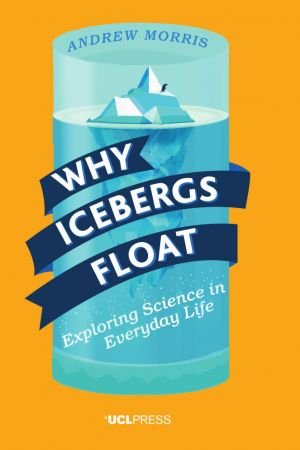
From paintings and food to illness and icebergs, science is happening everywhere. Rather than follow the path of a syllabus or textbook, Andrew Morris takes examples from the science we see every day and uses them as entry points to explain a number of fundamental scientific concepts - from understanding colour to the nature of hormones - in ways t...
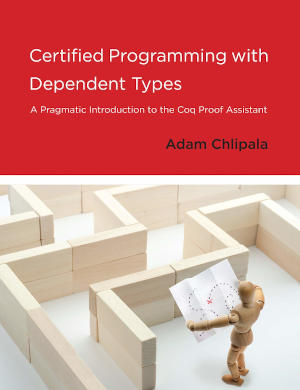
The technology of mechanized program verification can play a supporting role in many kinds of research projects in computer science, and related tools for formal proof-checking are seeing increasing adoption in mathematics and engineering. This book provides an introduction to the Coq software for writing and checking mathematical proofs. It takes ...
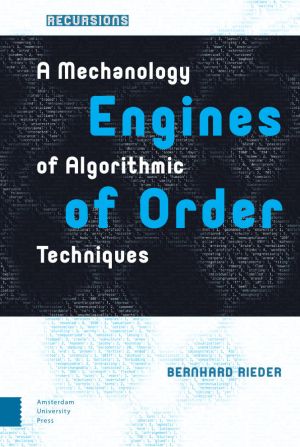
Software has become a key component of contemporary life and algorithmic techniques that rank, classify, or recommend anything that fits into digital form are everywhere. This book approaches the field of information ordering conceptually as well as historically. Building on the philosophy of Gilbert Simondon and the cultural techniques tradition, ...

When I reflect back on Azure Tips and Tricks a year ago, I was only thinking that I'd write a couple of posts and move on. Fast-forward to today, the collection has grown to over 150+ tips, as well as videos, conference talks, and now an eBook spanning the entire universe of the Azure platform. What you are currently reading is a special colle...
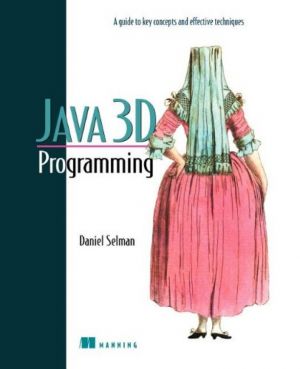
Java 3D Programming steps programmers through the important design and implementation phases of developing a successful Java 3D application. The book provides invaluable guidance on whether to use Java 3D, user interface design, geometry creation, scene manipulation and final optimizations. The book does not attempt to exhaustively cover the API or...
